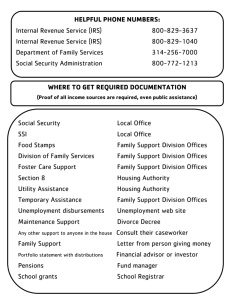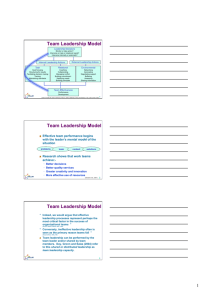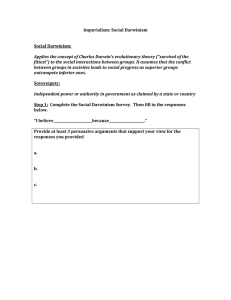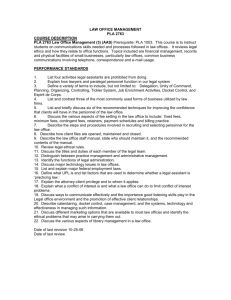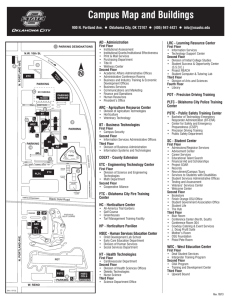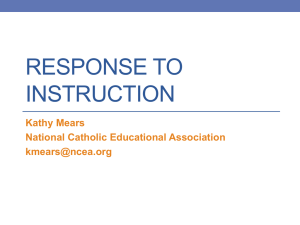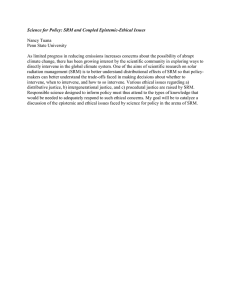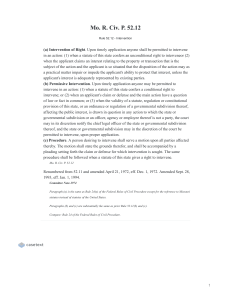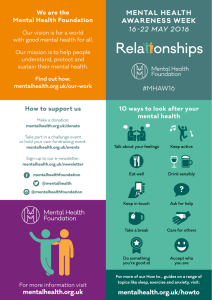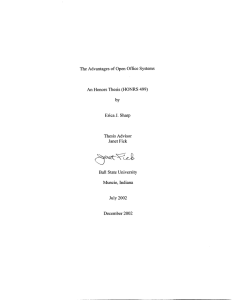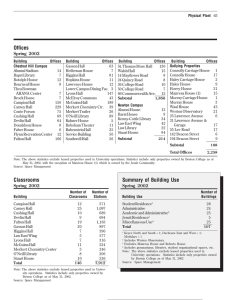General Guidelines for Faculty and Staff on Student Intervention
advertisement
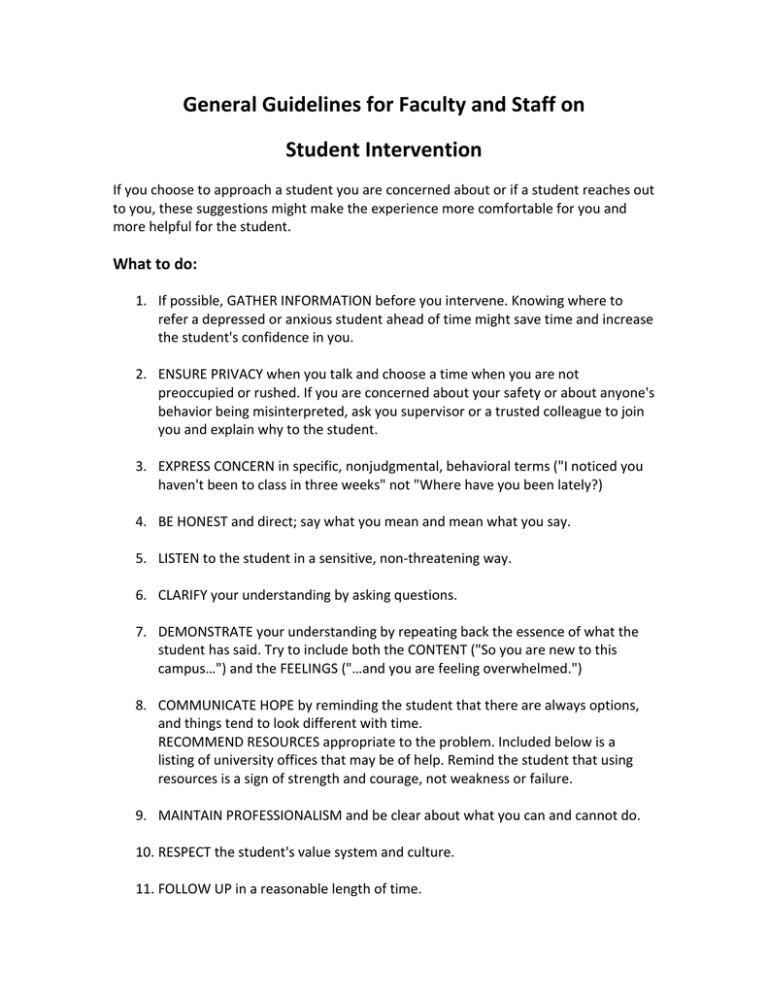
General Guidelines for Faculty and Staff on Student Intervention If you choose to approach a student you are concerned about or if a student reaches out to you, these suggestions might make the experience more comfortable for you and more helpful for the student. What to do: 1. If possible, GATHER INFORMATION before you intervene. Knowing where to refer a depressed or anxious student ahead of time might save time and increase the student's confidence in you. 2. ENSURE PRIVACY when you talk and choose a time when you are not preoccupied or rushed. If you are concerned about your safety or about anyone's behavior being misinterpreted, ask you supervisor or a trusted colleague to join you and explain why to the student. 3. EXPRESS CONCERN in specific, nonjudgmental, behavioral terms ("I noticed you haven't been to class in three weeks" not "Where have you been lately?) 4. BE HONEST and direct; say what you mean and mean what you say. 5. LISTEN to the student in a sensitive, non-threatening way. 6. CLARIFY your understanding by asking questions. 7. DEMONSTRATE your understanding by repeating back the essence of what the student has said. Try to include both the CONTENT ("So you are new to this campus…") and the FEELINGS ("…and you are feeling overwhelmed.") 8. COMMUNICATE HOPE by reminding the student that there are always options, and things tend to look different with time. RECOMMEND RESOURCES appropriate to the problem. Included below is a listing of university offices that may be of help. Remind the student that using resources is a sign of strength and courage, not weakness or failure. 9. MAINTAIN PROFESSIONALISM and be clear about what you can and cannot do. 10. RESPECT the student's value system and culture. 11. FOLLOW UP in a reasonable length of time. 12. RECOGNIZE that the student may not immediately welcome or act upon your interventions, but you may plant a seed that blossoms later and it is never wrong to communicate kindness and concern. 13. CONSULT with other professionals about your concerns by contacting any of the offices listed below. A Few Things to Avoid: 1. DON'T judge, evaluate or criticize, even if asked; usually this shuts down communication. 2. DON'T be a hero or savior; recognize the limits of your role and refer to other professionals. 3. DON'T give special consideration to a student unless you would do it for any student in a similar situation. 4. DON'T make promises you cannot or will not keep. 5. DON'T promise absolute confidentiality in all circumstances; if the student or others are in danger, you will need to act. 6. DON'T be afraid to intervene for fear you will say the wrong thing; saying nothing to a suffering person is almost always worse. Taken from http://www.mentalhealth.umn.edu/facstaff/asd/general.html on Jan 6, 2009.
